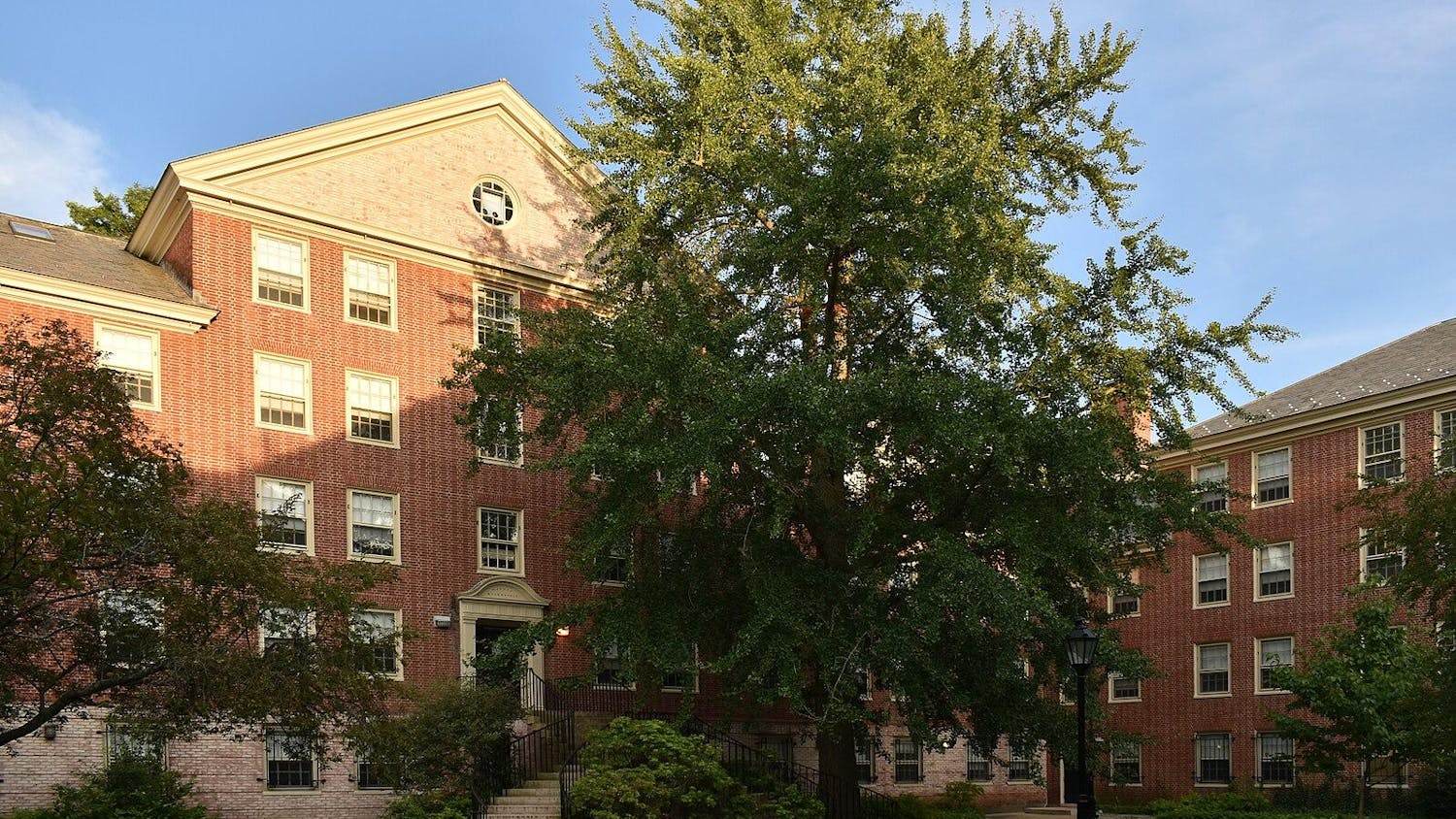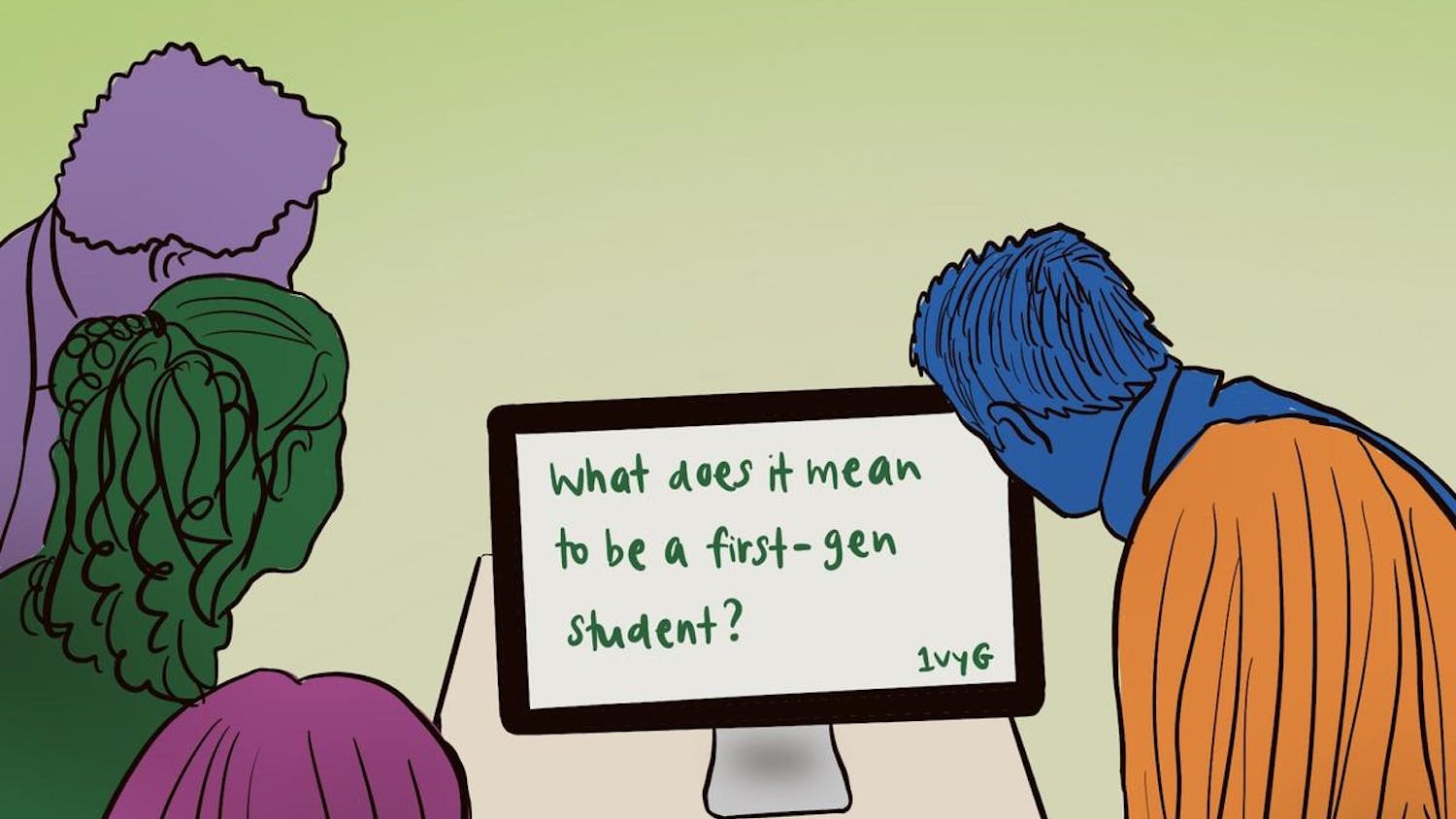Watermyn and Finlandia, the two co-operatives that are part of the Brown Association for Cooperative Housing, have recently undergone significant changes, including financial restructuring and complete turnover of their residents since last September, the association's coordinator said.
The houses are looking to regain stability and restructure areas of weakness by making sure members pay their rent and contribute to the houses' maintenance. Last year, the co-ops were plagued by economic difficulties and internal tensions that resulted in their gradual deterioration — and a number of appearances in housing court resulting from disorderly appearances, according to a press release from the association.
"Basically, this house was just run down," said Madeline Ray '10, the association's coordinator. "It became a scene for people who weren't community-oriented," she said, adding that this resulted in a lot of unpaid rent and vacancy.
"There was a group of people living in Watermyn that evolved into a group less committed to co-operative housing," said Watermyn Housing Coordinator Max Kennedy '11. "As a result, finances got mismanaged, and there were clashes with the neighborhood."
Kennedy said the resident turnover fixed much of this by returning some of the stability of this community feel. "The biggest change now is that we have a house full of committed people and responsible people in positions of responsibility," he said.
The Brown co-ops are part of a non-profit organization founded in the early 1970s by a group of students who wanted to create affordable, community-oriented, off-campus housing for members of the Providence community, specifically Brown students, Kennedy said.
In addition to the turnover, there are other changes underway. When the houses fell into turmoil last year, they recruited the help of Jim Jones, senior director of development and property services for the North American Students of Cooperation, of which BACH is a member.
"There were a lot of different problems that sort of reinforced each other," said Jones. "And they have dealt with many of these things."
The problem now has to do with refinancing, implementing policies to ensure rent payment and raising the money necessary to complete a physical rehabilitation of the property, he said.
The houses now find themselves more in the position to think about the future and continue constructive change, Jones said. "The challenge now," he said, "is to prove to everyone else that they have made those changes successfully."
Reactions so far have been "tentative but generally positive," said Ray, who said she looks to make the system more sustainable by raising awareness about the internal workings of the co-op among its residents.




